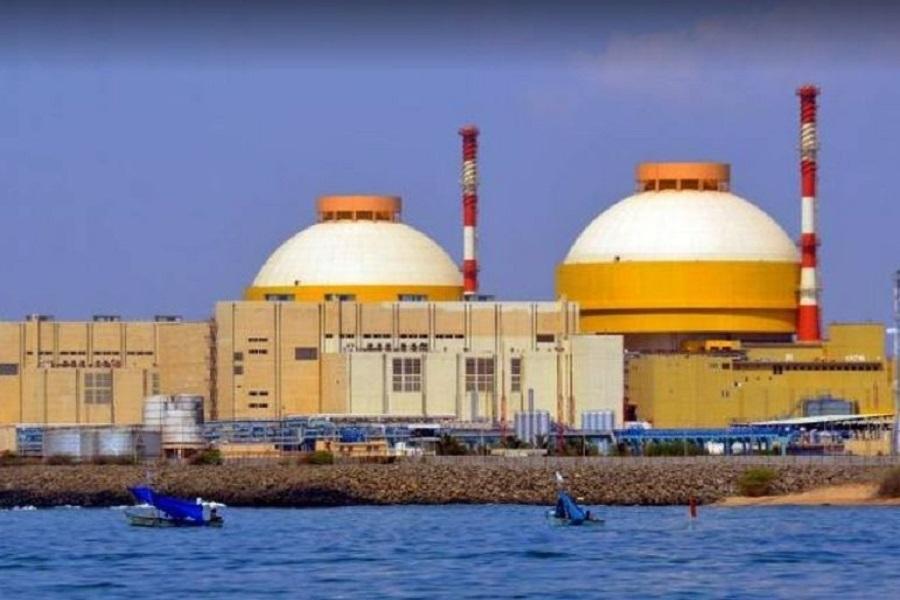
Centre Reviews 100 GW Nuclear Mission to Boost Clean Energy Goals
In a significant move towards achieving Prime Minister Narendra Modi’s ambitious target of expanding India’s clean energy basket, Union Power Minister Manohar Lal Khattar and Minister of State for Atomic Energy, Dr Jitendra Singh, recently convened a high-level meeting to discuss the 100 GW Nuclear Energy Mission. The meeting aimed to review the progress made so far and outline key directives to ensure the mission stays on track.
The 100 GW Nuclear Energy Mission is a critical component of India’s overall plan to reduce its reliance on fossil fuels and transition to cleaner sources of energy. The mission envisions a significant increase in India’s nuclear power generation capacity, from the current 6.7 GW to 100 GW, by 2031. This ambitious target is expected to play a crucial role in achieving the country’s commitment to net-zero emissions by 2070.
The high-level meeting, which was attended by senior officials from the Ministry of Power, Ministry of Atomic Energy, and other relevant stakeholders, focused on reviewing the progress made so far in achieving the 100 GW Nuclear Energy Mission. The meeting also discussed the key challenges and obstacles that need to be addressed to ensure the mission’s successful implementation.
According to reports, the meeting emphasized the importance of speeding up the process of setting up new nuclear power projects and expanding the existing capacity. It was also decided to prioritize the development of advanced nuclear reactors, which are expected to be more efficient and cost-effective than the current fleet of nuclear reactors in India.
The meeting also discussed the need to enhance the indigenization of nuclear technology and equipment, with a view to reducing dependence on foreign suppliers and promoting domestic manufacturing. This is expected to not only reduce costs but also enhance India’s self-reliance in the nuclear energy sector.
Another key area of focus was the development of a robust and transparent framework for nuclear safety and regulation. This is critical to ensuring public trust and confidence in the nuclear energy sector and to mitigating the risks associated with nuclear power generation.
The meeting also emphasized the importance of international cooperation and collaboration in achieving the 100 GW Nuclear Energy Mission. India is expected to seek cooperation from other countries, particularly those with advanced nuclear technologies, to accelerate the development of its nuclear energy sector.
The 100 GW Nuclear Energy Mission is expected to play a critical role in India’s transition to a low-carbon economy and in achieving its goals under the Paris Agreement. The mission is also expected to create new job opportunities and stimulate economic growth in the country.
In conclusion, the recent high-level meeting to review the 100 GW Nuclear Energy Mission is a significant step towards achieving India’s clean energy goals. The meeting’s focus on speeding up the development of new nuclear power projects, enhancing indigenization, and promoting nuclear safety and regulation is expected to help India stay on track to achieve its ambitious target.
As the world continues to grapple with the challenges of climate change, India’s commitment to increasing its nuclear power generation capacity is a welcome development. The country’s 100 GW Nuclear Energy Mission is expected to play a critical role in reducing its reliance on fossil fuels and transitioning to cleaner sources of energy.






